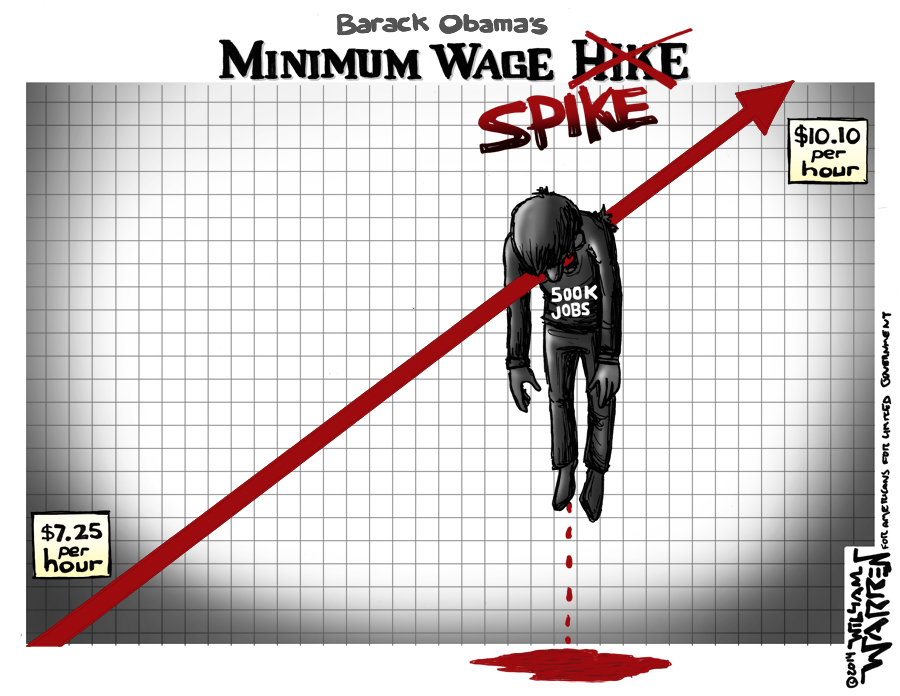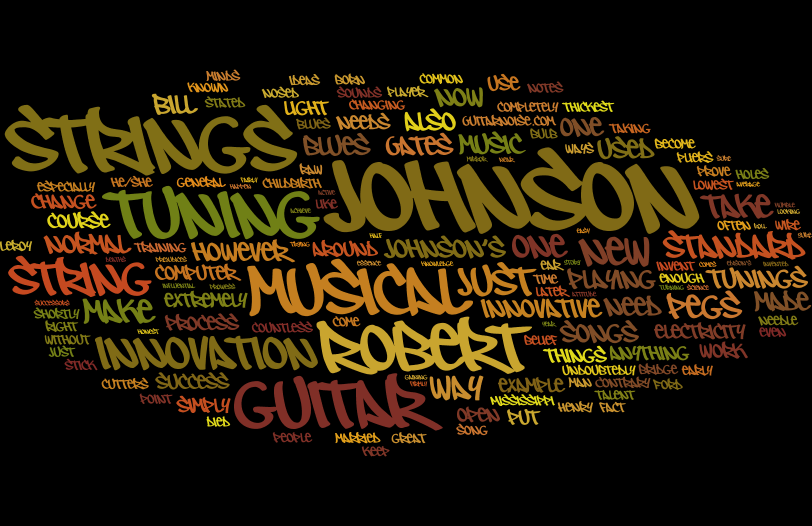…Is a fantastic thing! Continue reading “Price Discrimination”

We Irrational Humans
Assuming that all humans are rational all the time would be a very grim assumption, in my opinion. Far too utilitarian. Continue reading “We Irrational Humans”

Minimum Wage
Now before you all burn me at the stake for heresy, let me say that I do not necessarily agree with the concepts present in the featured image. However, it makes an interesting point. Continue reading “Minimum Wage”

Reinflating the Bubble!
Existing-home prices hit 7-year high
Supply and Demand, Ch. 3
Prices of Chicago houses are up. Since August of 2008, the market has been incredibly buyer friendly, with prices down in the gutter compared to before the housing bubble made a pop. Basically, as our economy is starting to get back on its feet after 7 too many years, the housing market is also starting to gain some ground, resulting in a market geared slightly more toward sellers. Continue reading “Reinflating the Bubble!”

Physics C Lab
Guys, AP Physics C is pretty awesome. This lab required our group to calculate the precise angle of a launcher and vertical and horizontal distance from a 3in ring for a ball to shoot from the launcher through the ring. We had to calculate the initial velocity of the ball and find the perfect mix to make this work. This was our first shot at it and it worked! Hence my epic expression.


Robert Johnson and Innovation
Robert Leroy Johnson is undoubtedly regarded as the most influential blues player of all time; his humble tapestry of records is not only the complete essence of blues, but also has made a substantial mark on the then-new genre of rock and roll (Cub). Born in 1911 in the Mississippi delta, Johnson faced countless prejudices based on his race, and his environment was far from stable. He married Virginia Travis who died shortly after during childbirth and, later, he married Caletta Craft, who also died one year later during childbirth. As stated by members of his wives’ families, these deaths were Johnson’s punishments for singing secular songs as opposed to Christian Gospel. As if to prove their point, Johnson is said to have “once stood at Mississippi crossroads and sold his soul to the devil in exchange for guitar-playing prowess” (Robert Johnson Biography). However, through it all, he has become known, even to non- musical connoisseurs, by his songs “Cross Road Blues,” “Sweet Home Chicago,” and countless others. Continue reading “Robert Johnson and Innovation”

From Music to Ants to Us: Emergence
There’s this girl I’ve been dating. Whenever we’re driving in my van, she connects her phone to the speaker system and plays music. Nothing abnormal here, you may say. And in fact, this would seem like a normal exchange but that between each song, she turns down the volume until she can see what song is playing next and then turns it back up (sometimes having skipped through a few songs, sometimes not). When I asked her why she does this – especially because I’m her boyfriend and thus already know what kind of music she listens to – she replies that one can never be too careful; music says a lot about a person, you know. Continue reading “From Music to Ants to Us: Emergence”

Comparative Advantage
Everything moves in cycles. This back-and-forth between nations’ comparative advantages is called the boomerang effect. The boomerang effect, for example, can be seen in the relationship between American corporations and China (and other alike Asian nations). It started in the 1980’s when American companies decided to take advantage of the cheaper labor in China. However, as time went on, the price of labor in china began to rise (now rising about 20% each year). Of course, at this point, companies will be looking to get out of China and entering new labor fields in countries with a comparative labor advantage. Continue reading “Comparative Advantage”
Driven to Kill
First of all, I’d like to point out the well-thought-out pun that is the title of the article. That, however is the extent of my affection for it and its content. I found it so incredibly disturbing and hard to read; just the sheer gruesomeness of “Driven to Kill” was overbearing. Now, to get to the economics. China’s system is flawed. Simply put, it encourages drivers, upon hitting and injuring a person to then drive back over him, ensuring his fatality. There is clearly a major problem with the Chinese justice system if such crimes aren’t 100% discouraged by laws and punishment beyond any doubt. The economic benefits of killing a pedestrian, at least to the perpetrators in countless occurrences, outweighed the social and moral costs of letting him live. How is this possible? Well that problem lies with the people, not the government. While certainly, as I’ve said before, there is a flawed system, it is ludicrous to say that any life, I don’t care how small or unknown to a person, is worth taking for an economic advantage. And this problem can only be solved by society changing its views on life’s worth and for individuals to understand that life is not simply for the taking.
Continue reading “Driven to Kill”
